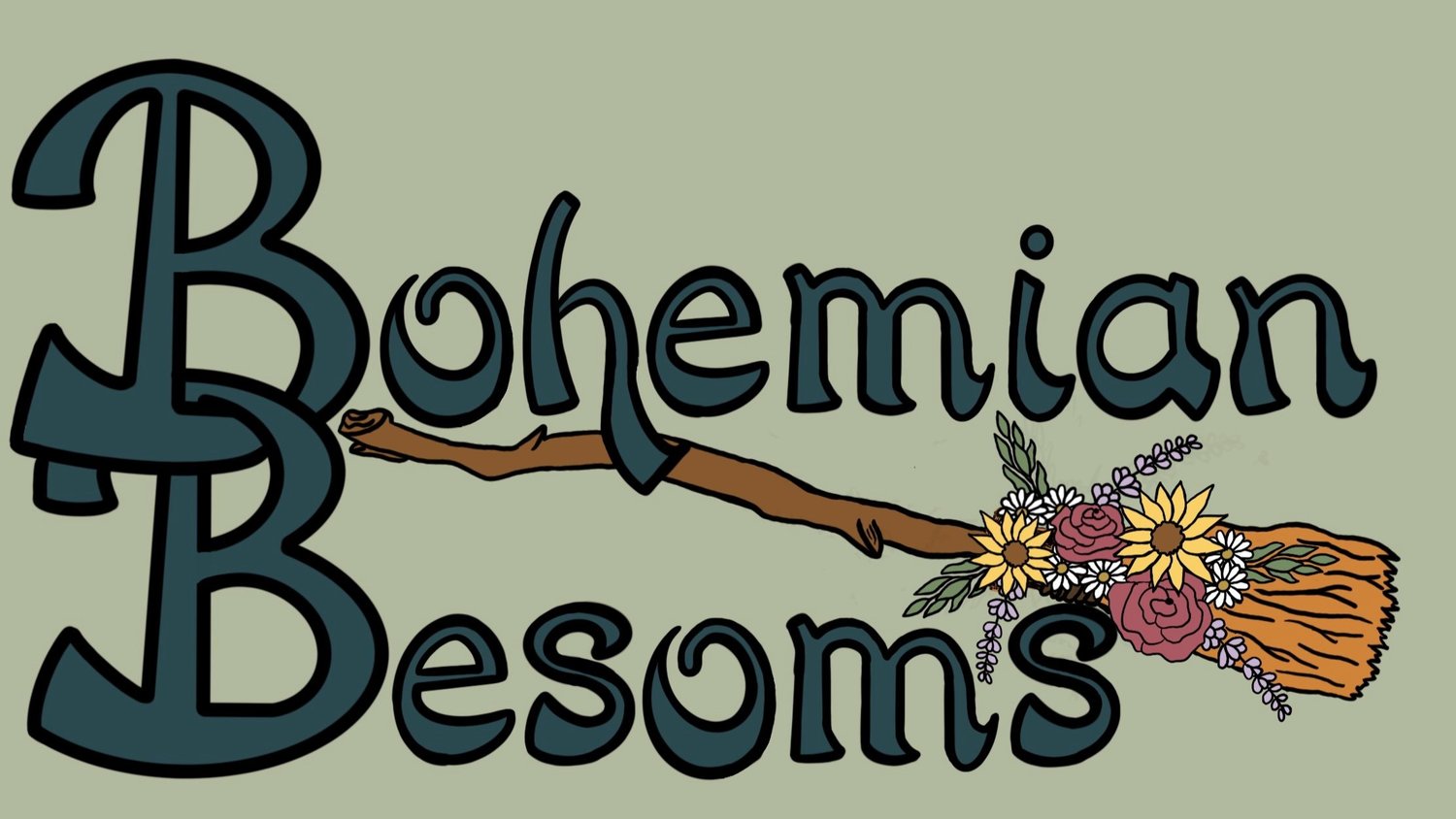Myths: An Overview
Why are myths important? Myths show the belief system of a population. They speak to archetypes that give insight to the collective human unconscious. Mythology strives to explain aspects of nature that seemed beyond human understanding. They also explain everyday ideas like love, anger, betrayal, war, and sex that influenced the more mundane aspects of everyday life. Many have been and still are passed down orally, stories told to children at bedtime and to each other around the fire. Cautionary tales and parables of woe and wonder became the muse for books, plays, and works of art for millennia and continue today. This article serves as an introduction to a series on myths from around the world and their modern implications.
All myths are not created equal. Most people that show an interest in mythology notice that there are similar themes even across cultures that evolved geographically separate. It’s hard not to notice that humans seem to have the same questions hardwired into their psyche. Where do we and the world come from? Enter the creation myth which usually involves darkness followed by a creator deity that forms the world and its inhabitants. Not just how the world begins was a mystery but how does it end. Humans seemed to recognize everything has a cycle and the world is not an exception. Cosmogeny myths address how the parts of the world fit together, namely the heavens, the earth and sea, and the underworld, and there are myths that set out to explain how people became civilized, usually with the help of a deity. There are numerous flood myths many of them the result of a deity displeased with their first draft of the world and attempting to reset and start again. How disease and death entered the human story were also popular concepts usually the consequence of human error. What happens when we die? Many cultures and myths pondered the afterlife. Myths also have a predictable cast of supernatural characters in addition to humans.
What does it take to be considered a myth? The Oxford dictionary says a myth is “a traditional story, especially one concerning the early history of a people or explaining some natural or social phenomenon, and typically involving supernatural beings or events.” While a legend according to the dictionary is “a traditional story sometimes popularly regarded as historical but unauthenticated,” and a folktale is “a story originating in popular culture, typically passed on by word of mouth.” Myths have a religious component and are about humans interacting with deities and supernatural entities and their relationships. Myths are making sense of universal truths and values while helping to reinforce a social order. Legends are stories like Ragnar Lothbrok and King Arthur, did they start with a seed of truth blown out of proportion by the years of being passed around or were they exaggerated to inspire a population. Probably a bit of both. Folktales are for entertaining and can teach a lesson but a moral instruction is not necessary like in the case of a fable, Goldilocks and the Three Bears is a well known folktale. The main difference between a folktale and a myth is that a folktale may include all of the characters and elements of a myth but it does not try to explain the characters relationship to the divine.
There a few frequent character archetypes that will show up in mythology. Deities or supernatural entities, these are sources of power in the story often exerting their will on the plot. Antigods or supernatural beings that are malefic, cyclops, demons, giants, and others fill this role in many myths. The heroes, there are many versions of the hero archetype but in general this character tends to be the one trying to benefit humanity. Last but certainly not least we will touch on tricksters, these characters tend to further the plot by being an obstacle or by bringing change, whether actual or a different prospective.
The word myth today is synonymous with a falsehood but they give us a glimpse of the world as people saw it and a view of what they perceived as important, notions that transcend the years since they were recorded and are still relatable today.
-
Blackwell, D. C., & Hackney Blackwell, A. (2002). Mythology for Dummies. Hoboken: Wiley Publishing, Inc.



